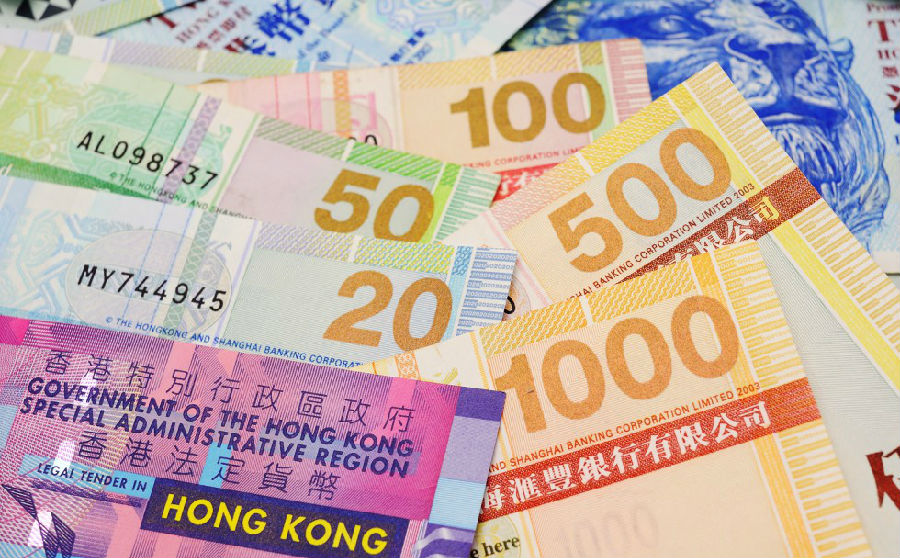Hong Kong money laundering cases soar as syndicates recruit non-locals to open bogus accounts, police reveal
2015-10-12

The number of serious fraud cases involving money laundering in Hong Kong has soared, police revealed, as syndicates increasingly recruit non-locals to clean their dirty cash.
There were nine laundering cases in the first half of this year alone, involving around HK$456 million. Yet in the whole of last year, there were only four cases, with about HK$245 million laundered.
Police say syndicates have been recruiting non-locals, many from the mainland and Southeast Asia, to open bank accounts in Hong Kong using bogus documents.
Once the accounts are up and running, the syndicates can control and launder their dirty money through online banking.
"These days, we have seen many people coming into Hong Kong to open bank accounts with fake documents," said Brian Pau Siu-ming, acting superintendent at the city's commercial crime bureau.
"The accounts are then used for money laundering. In some cases, people borrow their friends' bank accounts and use those accounts to launder money."
In a crackdown earlier this year, police busted a syndicate that had been laundering dirty money since 2013. Those recruited by the syndicate were paid sums between HK$500 and HK$3,000 to open up more than 100 bank accounts.
The banks reported the accounts to police after their security departments found it suspicious that many of them shared the same addresses.
Following the crackdown, 19 people have been convicted of various charges including money laundering and conspiracy to defraud. They were sentenced to prison terms of between three months and three years.
"Our investigation shows that most of them were low-income people or were unemployed. They committed the crimes out of greed and they wanted to make some quick money," said Kelvin Leung Tsz-kin, the bureau's acting chief inspector.
In another serious fraud case, an accounting officer with an insurance company defrauded his employers out of more than HK$70 million by submitting non-existent insurance claims between 2008 and 2011.
The company issued a total of 75 cheques to 11 bank accounts, but discovered the clients were bogus following an internal investigation.
Billy Lai, head of the enforcement department at the Hong Kong Monetary Authority, said banks sometimes became suspicious if a huge amount of money entered an account even though the clients said the accounts were opened only to collect rent from tenants.
Source: South China Morning Post



